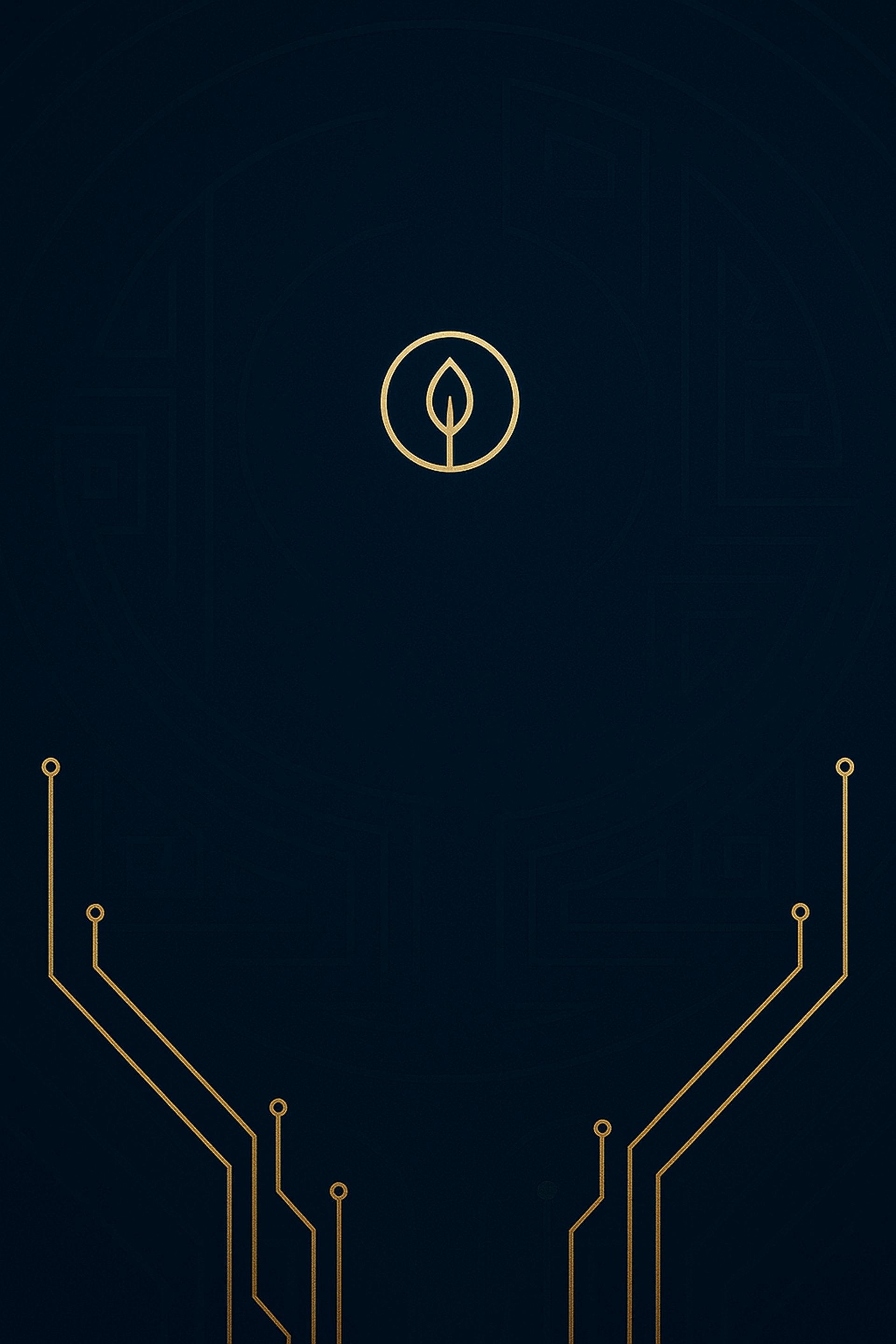Medical Hoaxes & Myths


Kleine-Levin Syndrome
By: Rockstarz | 21/06/2025
Kleine-Levin Syndrome: When Medical Mystery Meets Myth
Introduction
Throughout history, medical conditions have often been misunderstood, misrepresented, or attributed to supernatural causes. Before modern medicine developed the tools to diagnose and treat complex neurological disorders, many illnesses were interpreted through the lens of cultural beliefs, folklore, or religion. One striking example of this phenomenon is Kleine-Levin Syndrome (KLS), a rare neurological disorder sometimes sensationalized as “Sleeping Beauty Syndrome.” In various parts of the world, particularly in communities with strong traditional beliefs, patients suffering from KLS have been mistakenly thought to be cursed, possessed, or under the influence of supernatural forces.
Understanding Kleine-Levin Syndrome
Kleine-Levin Syndrome is a rare disorder of the brain, characterized by recurrent episodes of extreme sleepiness (hypersomnia), cognitive disturbances, abnormal behavior, and sometimes compulsive eating or hypersexuality. Episodes can last for days, weeks, or even months, during which the affected person sleeps up to 20 hours a day, leaving family and friends bewildered.
Between episodes, patients often appear completely normal, making the disorder difficult to detect. The cause of KLS is still largely unknown, though research suggests that it may involve dysfunction in the hypothalamus, the part of the brain responsible for regulating sleep, appetite, and temperature. Some cases have been linked to infections, head trauma, or autoimmune responses.
A Real-Life Example from India
In 2016, a remarkable case in Maharashtra, India, brought worldwide attention to the intersection of medical myth and neurological disorder. A teenage boy, aged 16, suddenly began sleeping excessively, often for several days at a time, and displayed altered behavior during waking periods. He was sometimes irritable, confused, and withdrawn.
Initially, local villagers were perplexed and alarmed. Some believed the boy was possessed by spirits, while others thought he was cursed by ancestors for some unknown transgression. Even some local medical practitioners initially misdiagnosed the condition as severe depression or psychosomatic illness. Families attempted traditional rituals, prayers, and spiritual healings to “lift the curse,” but nothing alleviated the symptoms.
Eventually, the family sought treatment at a specialized neurological clinic. There, after careful observation, sleep studies, and neurological examinations, the boy was correctly diagnosed with Kleine-Levin Syndrome. This diagnosis transformed the family’s understanding: what was once perceived as a mystical affliction was revealed as a rare but real medical condition.
Cultural Misinterpretations and Medical Myths
The case in India is not unique. Around the world, KLS has often been misinterpreted:
In parts of Africa, prolonged sleep episodes have historically been linked to spirit possession or witchcraft.
In Latin America, some families initially interpreted similar symptoms as curses or divine punishment, seeking shamans or faith healers before consulting medical professionals.
Even in Western countries, early reports of KLS were met with skepticism, with doctors sometimes attributing symptoms to laziness, depression, or malingering.
These misinterpretations underscore a common pattern in medical history: when a condition is rare, unusual, and poorly understood, cultures often explain it through myth, religion, or folklore. Such myths can delay diagnosis, contribute to stigma, and sometimes lead to harmful interventions.
Psychological and Social Consequences
Misunderstandings of KLS as a supernatural phenomenon have profound social consequences. Patients and families often face:
Stigma and isolation: Communities may view sufferers as dangerous, cursed, or possessed.
Delayed treatment: Belief in supernatural causes can prevent timely medical care.
Emotional distress: Patients may internalize societal judgments, feeling shame or guilt.
In the Indian case, the boy’s family initially followed traditional healing rituals for months, delaying medical intervention. Once diagnosed, the family reported relief and a sense of empowerment, as they could now manage the condition with medical guidance.
Modern Medical Understanding
Today, KLS is recognized as a rare but legitimate neurological disorder, and medical management focuses on symptom relief and episode prevention. Treatment may include medications such as stimulants to reduce excessive sleepiness or mood stabilizers to manage behavioral disturbances. However, there is no definitive cure, and patients may experience recurrent episodes for years.
The transition from myth to medicine in KLS cases illustrates a broader lesson in medical history: rare disorders challenge conventional understanding and often straddle the line between reality and myth until science provides explanations.
Conclusion
The story of Kleine-Levin Syndrome highlights the intersection of neurology, culture, and myth. In regions with strong traditional beliefs, patients suffering from KLS have historically been misdiagnosed as cursed or possessed, reflecting humanity’s struggle to explain the unexplainable. Modern medical science has demystified the condition, providing clarity and hope to patients and families, yet the societal impact of myth and misunderstanding persists.
Ultimately, KLS teaches us not only about the complexities of the human brain but also about the cultural lenses through which we view illness. It is a reminder that what once seemed supernatural may, with understanding and compassion, be recognized as profoundly human and treatable.
Coming Soon
We're on a mission .........................

Discover our full library of The Theos e-magazines and articles — all completely free to read.
We are a crowdfunded publication, dedicated to sharing knowledge, reflection, and theology with readers around the world.
Your support and donations help us continue offering open, accessible content for everyone, everywhere.
Join us in keeping wisdom free.
@ the theos since 2023 © 2023. All rights reserved.